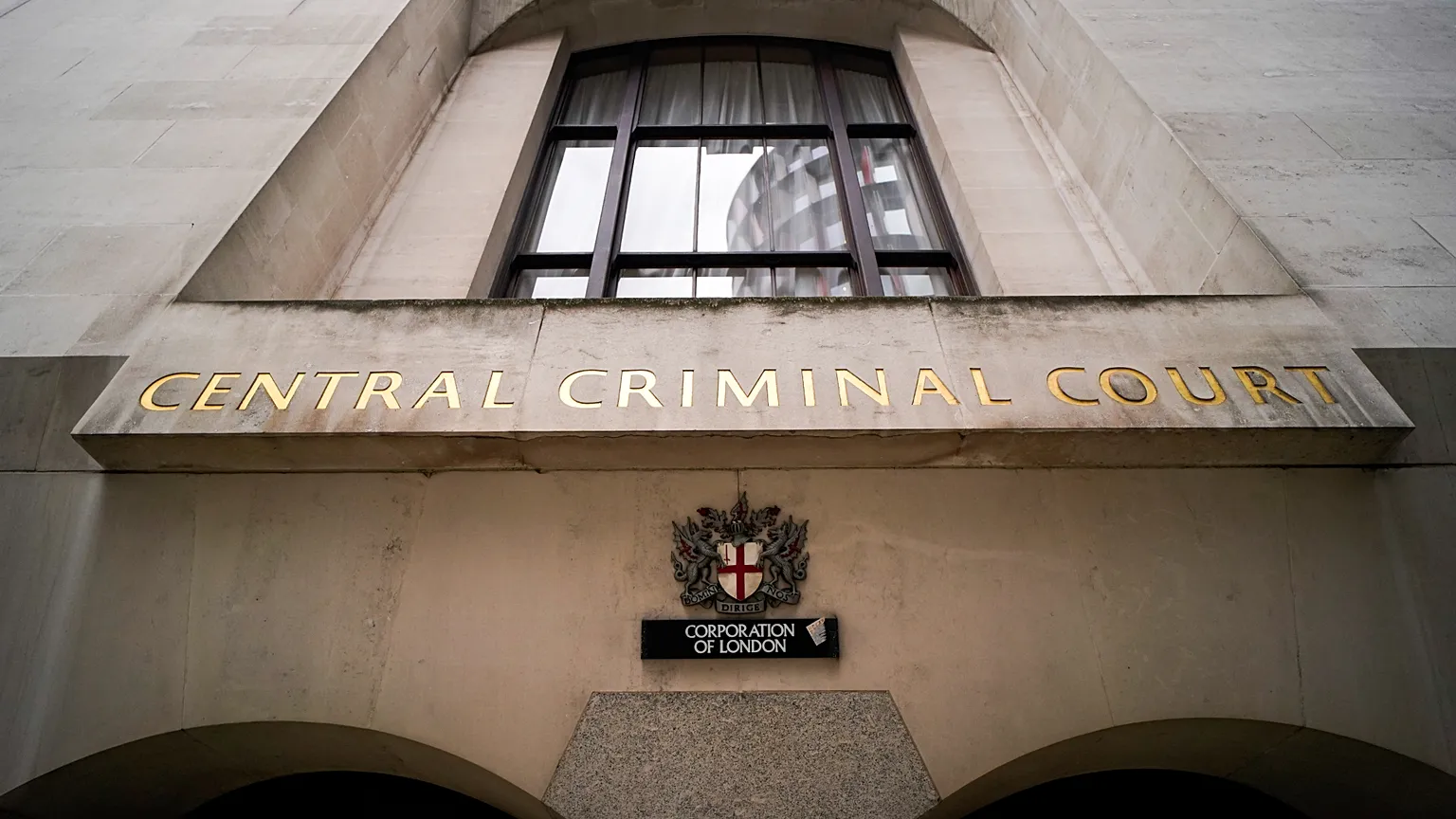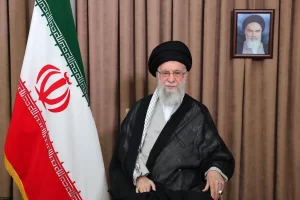How does a high-profile spy case against alleged Chinese agents simply fall apart? That’s the question shaking Westminster.
The trial of Christopher Cash and Christopher Berry, accused of spying for China, collapsed after prosecutors couldn’t secure a key piece of evidence.
The key evidence was official confirmation that China was considered a national security threat at the time of the alleged offences.
Stephen Parkinson, the UK’s top prosecutor, revealed that despite “months of requests.”
Government statements didn’t meet the legal bar. They were not enough to proceed.
China Ruling Sinks Spy Case
A recent ruling in a separate Russian spy case meant prosecutors had to prove the accused’s country was an active threat at that time.
And back then, China was only described as an “epoch-defining challenge,” not an enemy.
The fallout has been fierce. Former DPP Lord Macdonald blasted the lack of transparency.
“You simply cannot have a serious national security case collapsing without some proper explanation.”

Others, like ex-Intelligence Committee chair Dominic Grieve, called it a “muddle” that exposed confusion at the heart of government.
Meanwhile, critics accuse Labour of softening toward Beijing as it seeks to “re-set” ties. Convenient timing? Perhaps.
Either way, Britain’s espionage laws — and its stance on China — just became as murky as the secrets they were meant to guard.





